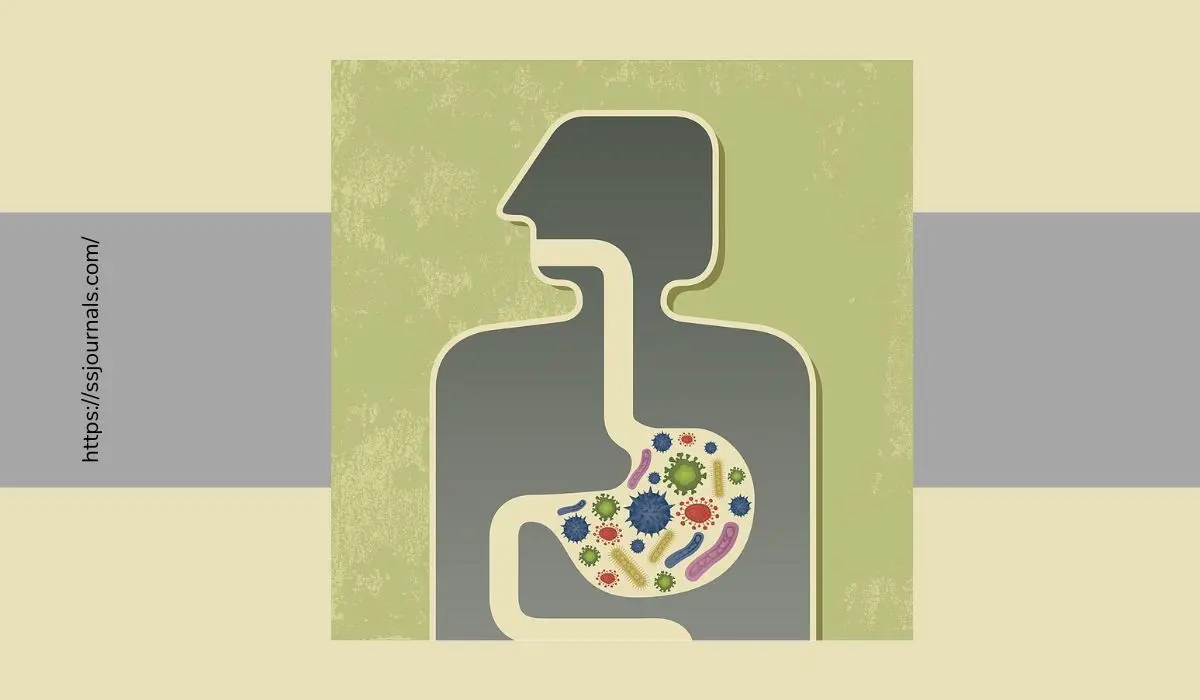The gut plays a major role in overall health. When gut health suffers, it manifests through digestive upset as well as seemingly unrelated symptoms. Learning to recognize signs of poor gut health empowers you to take steps to improve it.
Read on to learn about common symptoms that may indicate unhealthy gut function.
Bad Gut Health Symptoms
The gut includes your gastrointestinal tract along with the liver, pancreas, and gallbladder. Through digestion and absorption, the gut provides energy and nutrients that sustain the body. It also houses a large portion of the immune system. Poor gut health disrupts these vital jobs.

An unhealthy gut manifests in many ways beyond just digestive troubles. Changes to gut microflora, increased intestinal permeability, chronic inflammation, and immune dysregulation underlie symptoms. Imbalances in the gut-brain axis also lead to systemic effects.
Identifying signs of poor gut function helps you seek appropriate treatment to improve gut health. Symptoms generally involve digestion, energy levels, skin condition, pain, and even mood and cognition.
Key Digestive Symptoms
▪️ Bloating and abdominal distention
▪️ Excessive gas and belching
▪️ Constipation and diarrhea
▪️ Sense of fullness after small meals
▪️ Passing undigested foods in stool
▪️ Heartburn, acid reflux, and indigestion
▪️ Stomach pain and cramping
▪️ Nausea and vomiting
These reflect impaired digestion, absorption, intestinal motility, and food sensitivities. Bowel habit changes, pain, and problems breaking down food point to unhealthy gut function.
🔰 Low Energy and Weakened Immunity
The gut directly impacts energy levels and immunity in several ways:
Thus fatigue, low stamina, sluggishness, and recurrent illness may signal gut issues.
🔰 Skin Conditions
Many skin issues stem from gut imbalance and inflammation, including:
The gut-skin axis explains how gut dysfunction manifests as dermatologic problems.
Related: Is Fasting For Gut Health Really Helpful? Discover The Truth
🔰 Uncomfortable Sensations
Odd tingling, prickling, burning, or numbness, especially in the hands and feet point to possible gut-neural connections:
These should prompt an examination of diet and gut function.
🔰 Mental and Mood Symptoms
The gut-brain axis links intestinal health to cognition and emotions. These may indicate gut imbalance:
Gut bacteria changes, infection, and inflammation generate inflammatory molecules that enter circulation and impact brain function. Stress also adversely affects gut health.
🔰 Other Signs
Additional symptoms tied to poor gut health include:
- Joint pain and arthritis flare-ups
- Headaches and migraines
- Hormonal imbalances
- Weight changes
- Development delays in children
Seeking treatment for gut dysfunction often improves these issues.
Conclusion
The far-reaching effects of poor gut health explain why symptoms go beyond just the digestive tract. Knowledge of these connections empowers you to recognize when gut function requires attention. Identifying and addressing the root causes restores optimal wellness.
FAQs
Poor diet, chronic stress, food sensitivities, gut infections, low fiber intake, antibiotic overuse, and inadequate sleep can all contribute to poor gut health. Genetics also play a role.
Eating more prebiotic fiber, probiotic foods, and phytonutrients while cutting inflammatory foods and stress can improve gut microbiome balance. Targeted supplements help some people.
Digestive complaints like bloating, constipation, diarrhea, and abdominal discomfort are the most common physical signs of poor gut health. Fatigue is also very common.
Yes, research shows a strong gut-brain connection. Gut inflammation generates molecules that cross into circulation and impact mood regulation in the brain, including increasing anxiety

